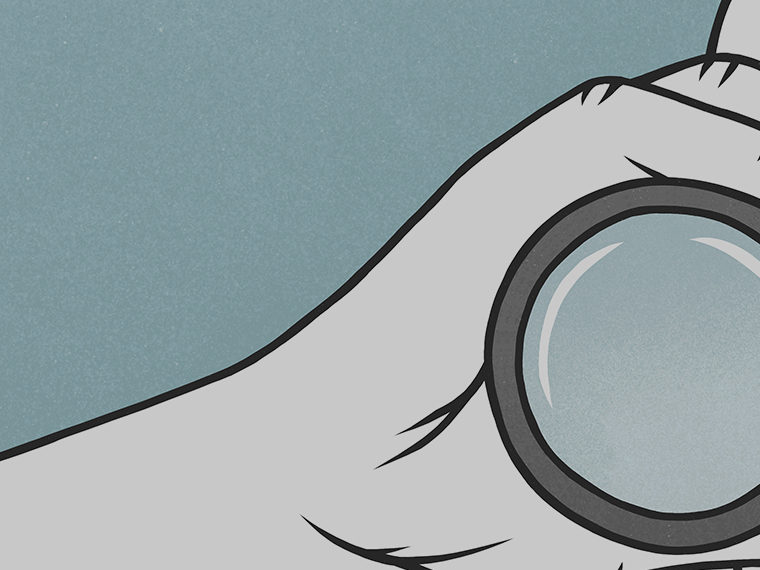Topic: Behavioral Decision Making

Not Now: Correcting Imbalance in One’s Schedule Takes Planning and Time
People across studies want to change their lives, but are more inclined to do that in the distant future
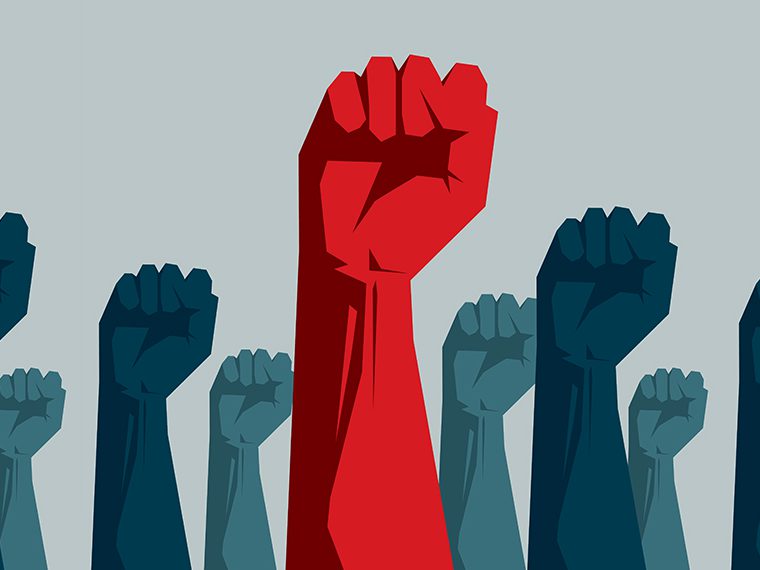
How to Encourage the Discriminated-Against to Band Together
Membership in a stigmatized group doesn’t predispose acceptance of other stigmatized groups

How People Gather Information — or Don’t — to Make Decisions
Personal beliefs, especially among the less educated, often outweigh actual data

Narrowing a Theory on Why Judges Get Tough before Elections
They do, but only when facing a competitive election contest
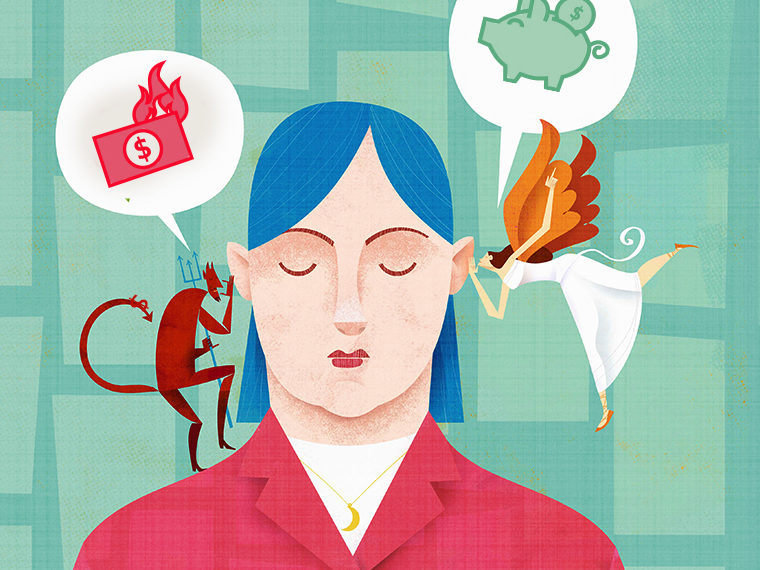
Good Information Alone Won’t Drive Financial Well-Being
A review of academic research finds the path to saving more and spending less often involves emotional prompts
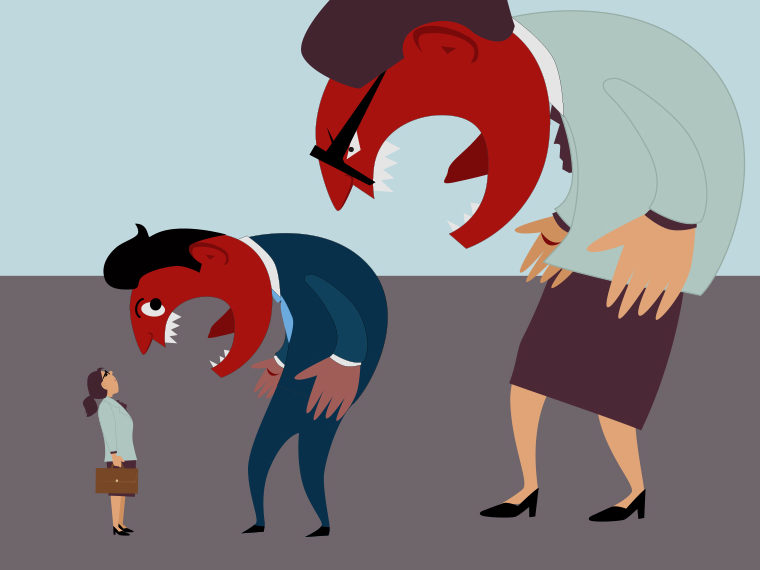
Abusing a Co-Worker? Watch Your Back
Analysis of 250 studies finds the most common response to negative workplace behavior is an eye for an eye
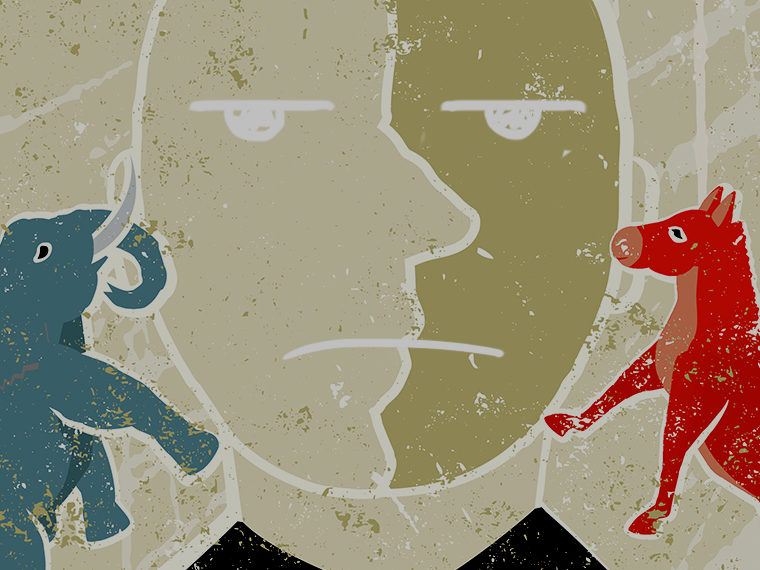
People Don’t Mind Government Nudges, but Prefer Them Free of Politics
When an unloved cause or political adversary is attached to a nudge, the method itself becomes suspect
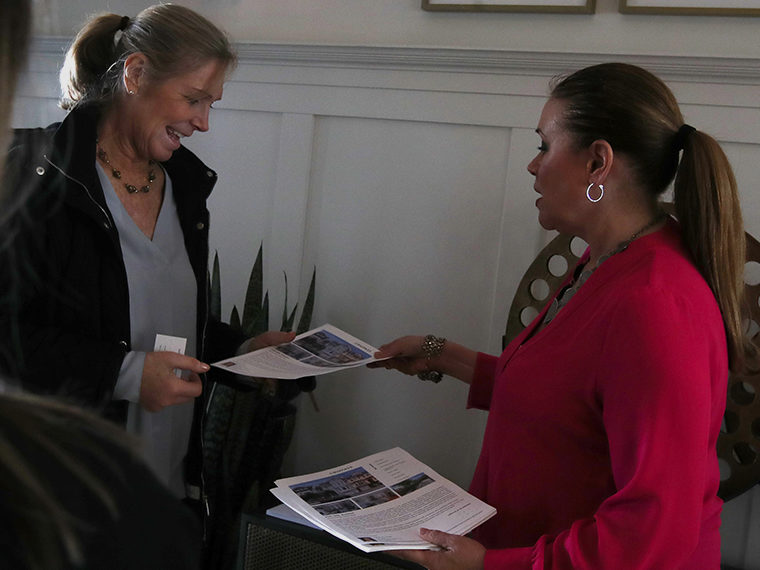
How Will You Spend Your IPO Windfall?
“Uh, I already bought a house”: Tech workers spend ahead of actual stock sales

Creative People Really Do Think Differently
Employing a distinct part of the brain, they’re better at imagining a distant future and seeing others’ points of view

The Malleability of Who Falls for Conspiracy Theories
It’s not just sheep — even go-getters can be susceptible when they feel less in control
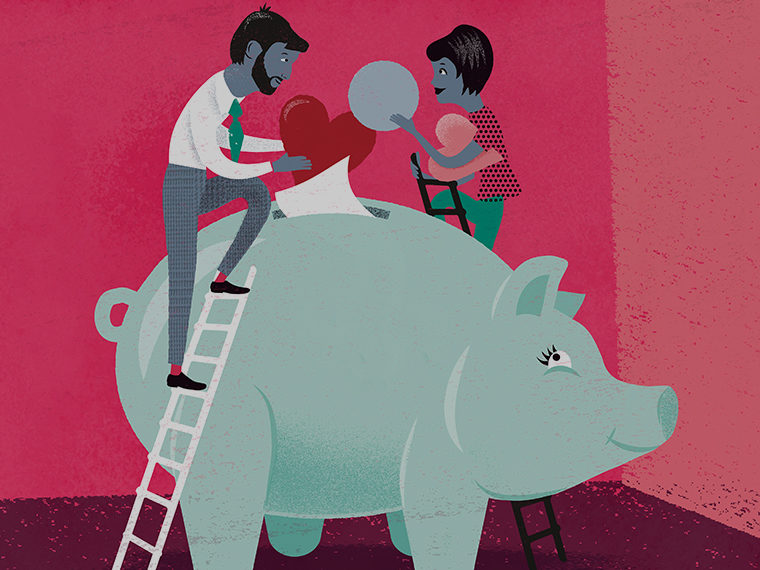
Joint Bank Accounts Make for Happier Couples
Those who keep finances separate are likelier to split up, be less satisfied with their relationship
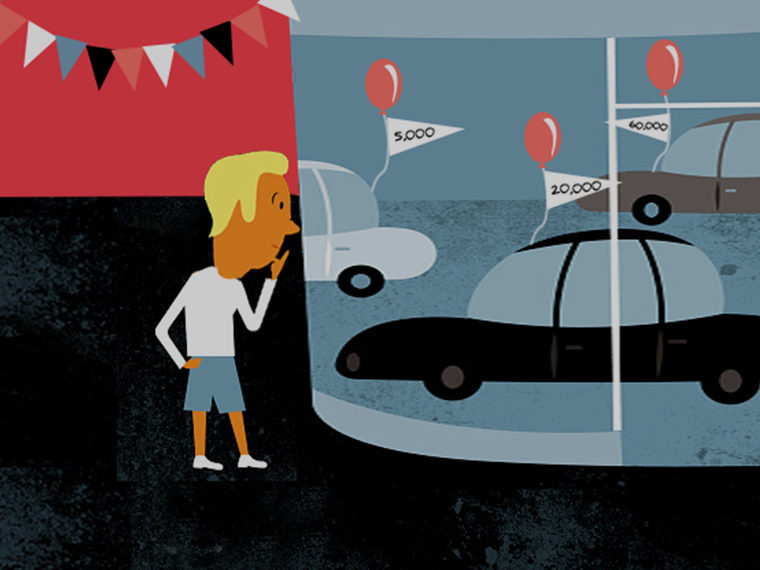
Consumers Habitually Seek the Middle Ground
Unpublished research shows avoiding the extremes is a common approach marketers need to address
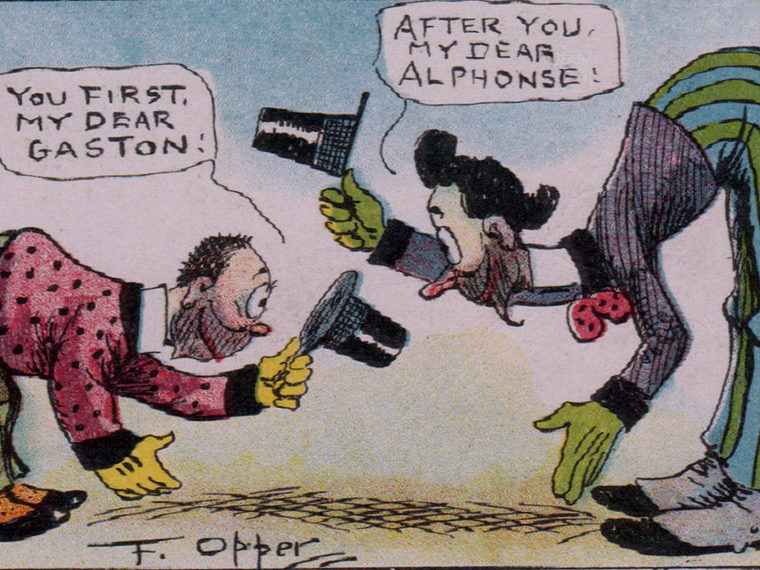
The Surprising Power of Giving Up Choice Control
Abdicating a decision to someone else is viewed as an act of generosity that is handsomely rewarded

When Delayed Gratification Backfires
A self-imposed quest for a perfect time to enjoy an indulgence often means missing out on actually having a good experience

Are You Nudging Me? Oh, OK, Go Ahead
Research shows individuals aren’t necessarily turned off when they know they are being coaxed toward a specific choice
